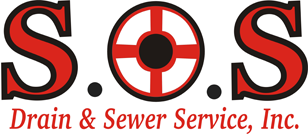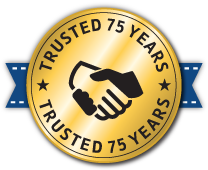Baby wipes are extremely convenient, which is why they are used for more than just baby bottoms. People use them for everything. And they flush them.
They flush them because they may not know that they are not flushable, but there are some that say “flushable” on their packaging.
The problem in some small communities in Minnesota is that so many wipes are being flushed on a daily basis that they are clogging up the sewer systems.
In the small town of Avon, the sewer pumps are checked every day. Some days are better than others, but there are days when the Utilities Superintendent must open up the sewer cover and use a crane to pull out the wipes that are clogging pumps. The process of wipe extraction is not an easy one.
When a baby wipe is wet and it is wound around an object, they are at their strongest state and that means they cannot be torn by hand.
The company, Kimberly Clark, states that it manufactures both flushable and non-flushable wipes. Their Director of External Communications, however, says that it is best for consumers to read the labels to see if the wipes they are using can be flushed or not. If not, a number of issues can occur in the public sewer system, as Avon has seen, and even in residential systems. Wipes can clog toilets and cause issues with septic systems. It is best to throw them in the trash rather than risk it.
The City of Avon has sent flyers to the residents explaining to them why they should not flush their wipes. Officials said that one sewage pump has a cost of $16,000 if it needs to be replaced. That is a lot of money for a small community.
The advice that is given by the City of Avon is to only flush toilet paper. They say that if the pumps would go unchecked for any reason, the entire sewer system could shut down.








